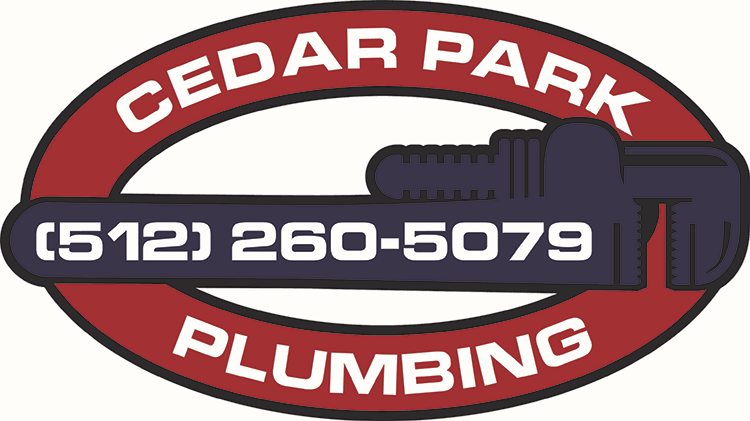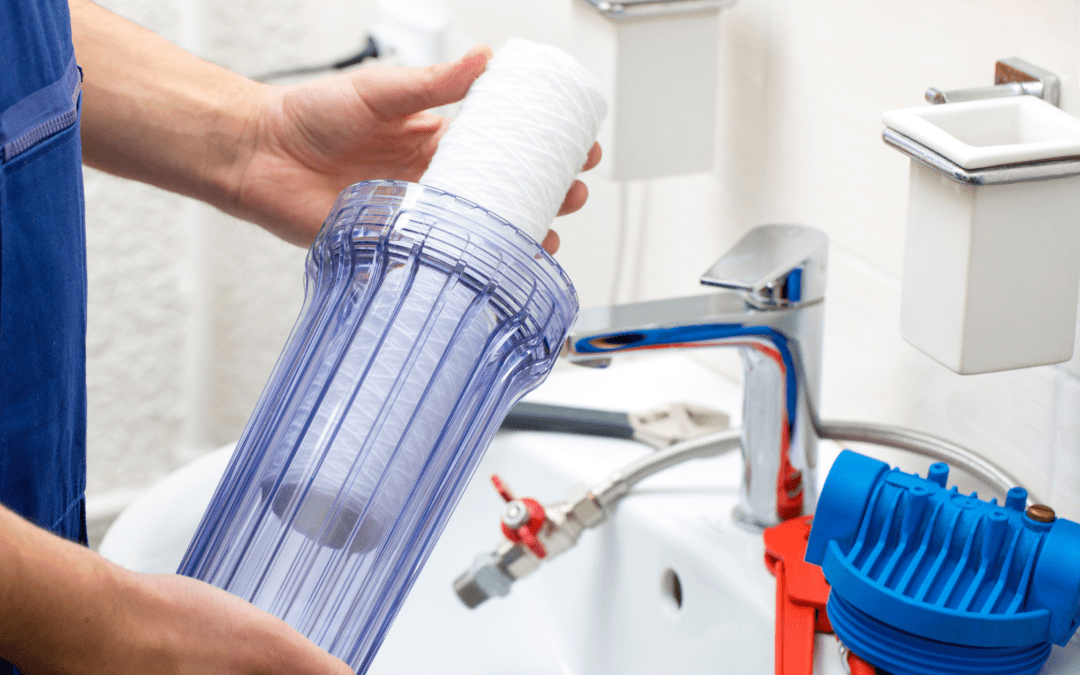As homeowners, it is important to make sure that our personal spaces are clean and safe at all times. One of the biggest factors that could affect our health is the water we consume. Even if our tap water looks clear, it may contain contaminants that could be harmful to our bodies. This is where whole-home water filtration comes into play. In this article, we will discuss the benefits of having a whole-home water filtration system, how it works, and the different types of whole-home water filtration systems available in the market.
What is a Whole Home Water Filtration System?
First, let’s define the meaning of a whole home water filtration system. A whole home water filtration system is a type of water treatment equipment installed in your main water supply line. Its primary goal is to remove impurities and contaminants from your water before it reaches your faucets, showers, and appliances.
Benefits of Having a Whole Home Water Filtration System
One of the biggest advantages of having a whole home water filtration system is that it provides clean, safe drinking water throughout the entire house. Aside from the obvious benefit of ensuring the health and safety of your family, a whole home water filtration system can also save you money in the long run. It can extend the life of your water-using appliances, such as your dishwasher, washing machine, and water heater, by preventing the buildup of sediments and minerals. Moreover, it can improve the taste, smell, and appearance of your water.
How Does a Whole Home Water Filtration System Work?
Most whole-home water filtration systems use a combination of physical and chemical processes to remove impurities from the water. The most common types of filtration methods are sediment filtration, activated carbon filtration, and reverse osmosis filtration. Sediment filtration is the first stage of filtration and it involves removing large particles, such as sand, silt, and rust. Activated carbon filtration, on the other hand, removes chlorine, volatile organic compounds, and other chemicals that could affect the taste and odor of your water. Finally, reverse osmosis filtration is the most advanced type of filtration method that removes the smallest particles from the water.
Types of Whole Home Water Filtration System
There are three types of whole-home water filtration systems available in the market. The first type is the point of entry (POE) system, which is installed at the main water supply line before it enters the house. This type of system treats all the water entering the house. The second type is the point of use (POU) system, which is installed at individual faucets or showers. This type of system only treats the water used in specific areas. The third type is the combination POE and POU system, which combines both POE and POU systems.
Conclusion
Clean water is essential for maintaining good health and safety for our families. A whole home water filtration system can provide many benefits, including safe drinking water, extending the life of your water-using appliances, and improving the taste, odor, and appearance of your water. There are different types of whole-home water filtration systems available in the market, so it is important to do your research and choose the system that best fits your needs. Contact your local plumbing services provider to determine which system is best for your home.

